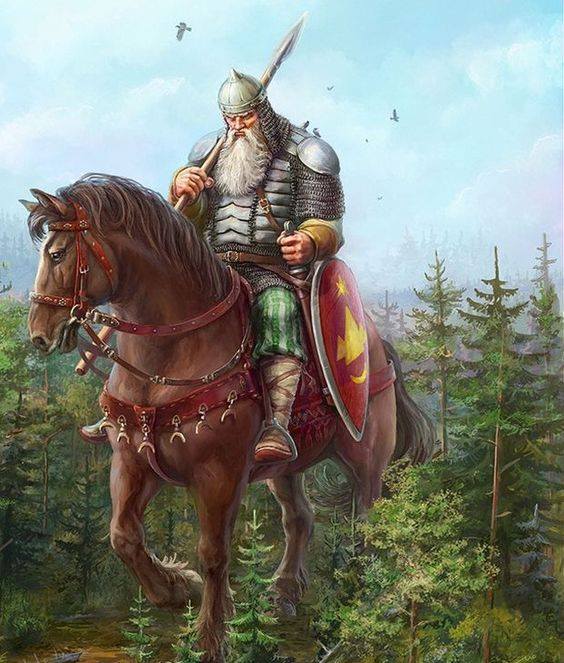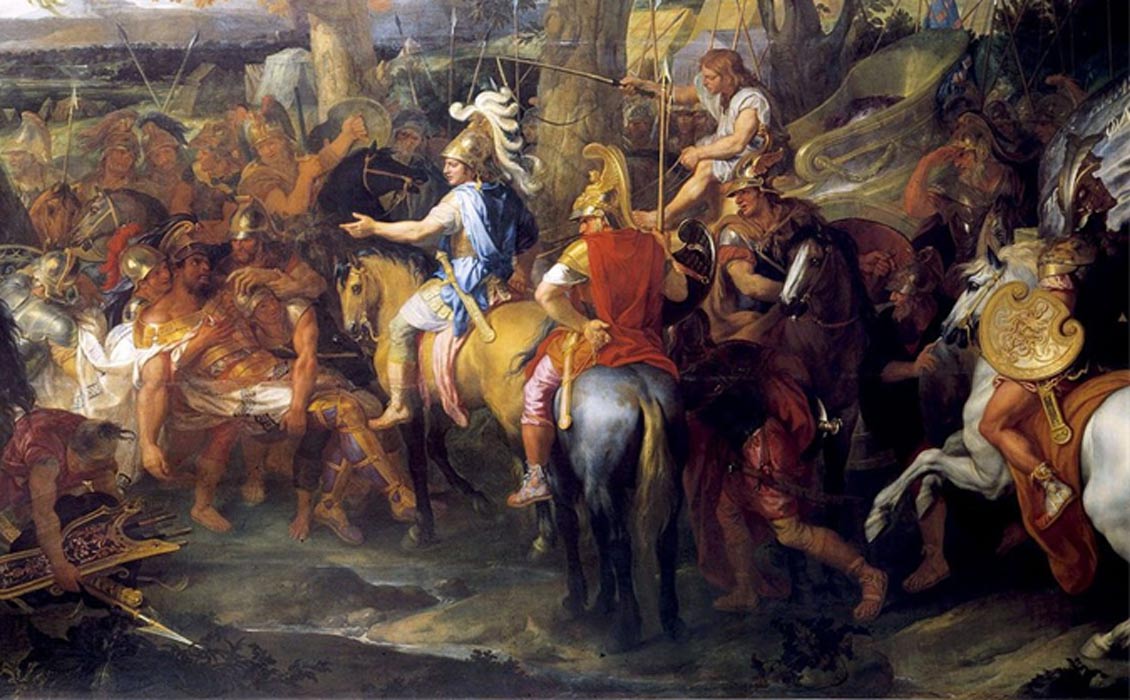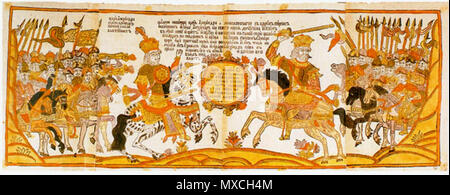
He and his supporters from Wattoo, Kharal and Fatiana tribes fought valiantly and won a few victories against the British army. The Punjabi resistance, mainly in Gogera district, was led by Rai Ahmad Khan Kharal of Jhamra. The final battle at Chailianwali in the Mandi Bahauddin district is recorded as one of the toughest fought by the company in the Indian subcontinent.Īfter establishing its rule in the Indian subcontinent, the Company had to face the War of Independence in 1857 in various parts of India including the Punjab. Despite the political chaos that followed the Maharaja’s demise in 1839, the company had to fight two wars (known as Anglo-Sikh Wars) to conquer the bPunjab. The Punjab was robustly defended by Maharaja Ranjit Singh. Until the 19th Century, the East India Company had not conquered the Punjab although it had subjugated Indian territories in the eastern regions. Dulla was forced to surrender to the Mughal army on account of arrest of his wife. All of them sacrificed their lives in this struggle against the mighty Mughal Empire ruled by Akbar the great. The fear of a revolt twice forced Akbar to shift his capital from Delhi/Agra to Lahore. They became popular amongst the local community on account of their bravery and promotion of social justice. By rejecting the highly regressive tax policies of the Mughal Empire, Bhattis launched themselves as revolutionary leaders of the working class.

Overburdened by agricultural levies, the three generations of Bhattis saw an opportunity to resist the regime in the economic conditions. Some historians suggest that this resistance came to an end in 1021 when Trilocanpala was killed by some Hindu troops.Ībdullah Bhatti alias Dulla Bhatti, his father, Farid, and grandfather, Sandal alias Bijli challenged the Mughal rule in the Punjab. Between 9, Mahmood of Ghazna and his father had to invade the region for a number of times to defeat the robust resistance of the Hindu Shahis of the Punjab. These invaders were strongly resisted by the Pal clan of the Hindushahis - Jayapala (964 – 1002), Anandapala (1002 – 10) and Trilocanpala (1010 – 21) - the then ruling dynasty of the Punjab. Plutarch recounts that the Greeks defeated King Porus with “great difficulty”.įrom the 10th Century onwards, the north-west region of the subcontinent was subjugated by Central Asian Turks. He had to stop his campaign and give up his dream of reaching the ‘other end of the world’. Though Alexander won this battle, it proved to be the last battle of his life. However, Porus refused and told the invader: “We will meet in the battlefield.” And they did meet in the battlefield. The former had to flee from the battlefield after sensing his defeat at the Battle of Issus in 331 BC the latter checked Alexander’s advance in the ferocious Battle of Hydaspes (River Jhelum) in 326 BC.Īlexander had sent his envoy to Porus to convince him to pay tribute.

He met stiff resistance from two sovereigns: the Persian Emperor Darius III and King Porus of Paurava, as recorded by Greek historians. When Alexander of Macedonia led the Greek invasion of India in 326 BC he had already subdued many kingdoms, nations and tribes. Punjab has a long history of resistance against both foreign invaders and internal usurpers. Had the people living in the north, south and east been able to stop the Greeks, Arabs, Turks, Mongols and eventually the British in their respective regions, these invaders would not have reached the Punjab in the first place. The fact of the matter is that the Punjab resisted the invaders and the usurpers regardless of the outcome. Such stigmatising of the Punjab is unjust and evidence of either bias or ignorance of history.

There is a popular belief that the Punjab has never resisted foreign invaders and internal usurpers.


 0 kommentar(er)
0 kommentar(er)
